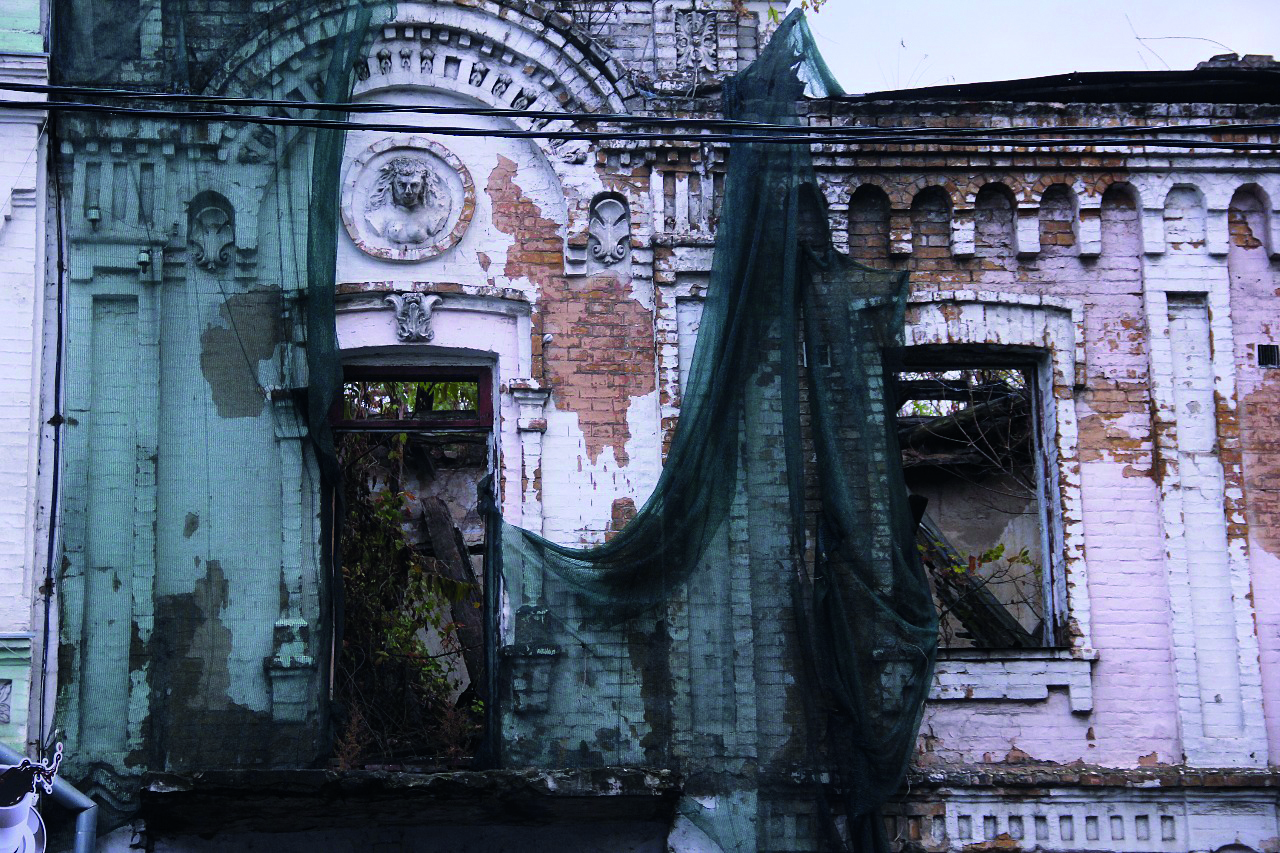The Labyrinth of Ukrainian Transliteration

The translator’s task is hard enough already. When politics is thrown into the mix, it becomes harder than ever.
Linguists say that each word intrinsically carries unique and nuanced meanings that can never be exactly transposed into another language. When translating from one language to another, you don’t just need to get the literal meaning across: you also need to conjure the intangible atmosphere, cultural nuances, and implications that are present in the original text. This is especially important when the cultural and political stakes are high; translation from Ukrainian is a case in point.
Untranslatable words
Since Ukrainian and English use different alphabets, any translator also needs to have a good grounding in transliteration: the letter-for-letter representation of text using another writing system, reproducing the characteristic sounds from the original language and thus retaining a sense of foreignness. Transliteration comes into play whenever there is any ‘untranslatable’ element in the text. This mostly applies to proper nouns (names of people or places), and words describing things and concepts that do not exist in the target language. Anyone remotely familiar with Ukrainian culture will understand that the translation ‘filled dumplings’ does not do justice to varenyky, while that the word ‘minibus’ could never accurately convey the concept of a marshrutka. Similarly, it would be ridiculous to start calling Ivan Franko ‘John Frank’.
Kyiv not Kiev
When it comes to translations and transliterations from Ukrainian to English, there are already official conventions in place. In previous decades, the Ukrainian diaspora established rules with regard to its correct use, translation and transliteration, at various levels of officiality. Since Ukraine gained its independence in 1991, Ukrainian has been the country’s official language; after numerous philological studies, official standards have been established and revised on several occasions. Nowadays, according to these standards, all English speakers should know the capital as Kyiv, not Kiev (and anyone with the slightest connection to this country should also understand why this matters). Other languages do it differently – German uses Kiew, while in Polish it is Kijów – but English transliterations are especially important because of the recognised status of English as an international lingua franca. The transliteration of Ukrainian into English literally shapes Ukraine’s image on the world stage.
The Soviet hangover
Like any other independent nation, Ukraine deserves international representation in English, taking its cue from its official language, Ukrainian. However, the prevalence of Russian transliteration disrupts this process and somewhat undermines the image of sovereignty that the Ukrainian state presents to the world. Yet the majority of transliteration faux pas are made in ignorance, rather than out of malice or for political ends. Many Ukrainians speak Russian at home and take their transliteration cues accordingly. Meanwhile, the prevalence of the Russian language throughout the Soviet period has persisted in transliteration (hence the old default spelling ‘Kiev’ that still appears to this day, even in some leading publications).
A small yet crucial step
Here at What’s On, Kyiv’s definitive English-language magazine, we strive to uphold the standard of how Ukrainian life and culture can be best represented in the English language. Anyone confused about Ukraine’s status on the map will be enlightened when the messages are more consistent. The answer is not to impose strict spelling rules in one fell swoop: standardising transliteration takes time. Although the process is a temporary source of headaches for translators, journalists, cartographers, and politicians alike, it is a small yet crucial step in the journey towards fully embracing Ukraine’s national sovereignty.











